Why Choose Yashoda Hospitals for Knee Arthroscopy?
Yashoda Hospitals offers advanced knee arthroscopy procedures for knee joint abnormality patients with personalized care and cutting-edge techniques.
Best Orthopedic Hospital
Yashoda Hospitals is recognized as the Best Hospital for Knee Arthroscopy in Hyderabad, offering exceptional surgical care services.
Expert Orthopedic Team
Our highly experienced orthopedic team specializes in performing advanced knee arthroscopy procedures, ensuring optimal outcomes for all patients.
Cutting-edge Facilities
Equipped with state-of-the-art technology and advanced medical equipment, our facility provides the perfect setting for precise and accurate knee arthroscopy surgeries.
Dedicated Surgical Care
Our dedicated surgical care team is committed to guiding you through every step of your knee arthroscopy journey.
Knee arthroscopy is a minimally invasive surgical procedure used to diagnose and treat knee joint issues. Through a small incision, a surgeon inserts an arthroscope containing lenses, a camera, and a light to visualize the knee joint. This allows for the investigation and correction of various problems, such as torn meniscus, misaligned patella, and ligament injuries. Common procedures include meniscectomy, ligament repair, cartilage reconstruction, and removal of loose fragments. Arthroscopy is recommended when nonsurgical treatments fail to alleviate knee problems and can be performed for a unilateral (single knee) or bilateral knee arthroscopy (for both knees). Arthroscopy for knee arthritis is the best solution for the majority of individuals.
| Procedure Name | Knee Arthroscopy |
|---|---|
| Type of Surgery | Minimally invasive |
| Type of Anesthesia | General or spinal anesthesia |
| Procedure Duration | About 1 hour |
| Recovery Duration | Few weeks to few months |
Knee Arthroscopy: Pre-Op & Post-Op Care
Preparation: Before knee arthroscopy, the patient undergoes a health assessment to identify potential risks. Preoperative tests like blood tests or EKGs may be recommended. Arthroscopy is typically performed as an outpatient procedure.
During the procedure: The knee is cleaned and stabilized, and anesthesia is administered. Using an arthroscope, the surgeon diagnoses injuries and, if necessary, makes additional incisions to repair tissues, remove damaged bones, and address inflammation. The procedure concludes with the closure of incisions.
After the procedure: Knee arthroscopy procedures are typically outpatient and typically last less than an hour. The surgery’s duration depends on the findings and necessary treatment. Incisions may be closed with stitches or steri-strips, and braces may be used post-operatively for protection.
Knee arthroscopy recovery: Knee arthroscopy recovery time varies based on the procedure complexity. Simple cases may recover quickly, while complex ones may take several months to a year, sometimes requiring crutches or a knee brace for weeks initially.
Post-procedure care: Post-surgery, pain relief medications are prescribed, and patients are advised to elevate the leg and apply ice as directed. Weight-bearing status varies by surgery type. Follow-up appointments monitor progress, and most patients use crutches initially. Regular exercise over several weeks restores motion and strengthens muscles. Recovery time depends on the extent of knee damage, and activity should be limited until cleared by the surgeon.
Benefits of Knee Arthroscopy at Yashoda Hospitals
- Minimal Hospitalizations
- Greater Flexibility
- Minimally Invasive
- Quick Recovery
- No Blood Loss
- Risk-Free











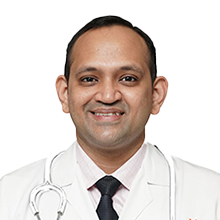
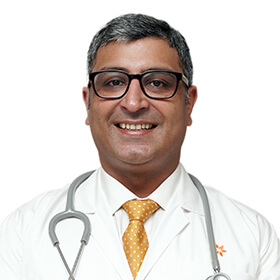
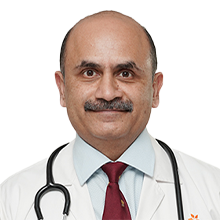
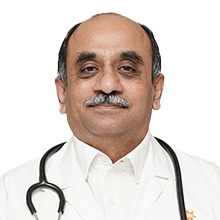
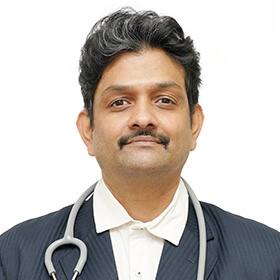

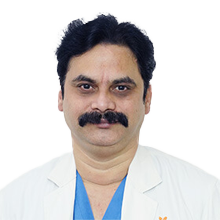
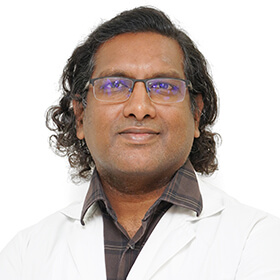

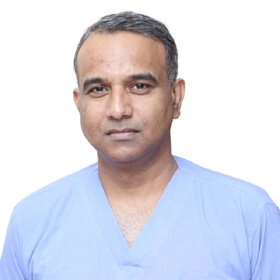
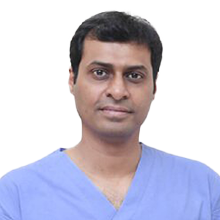












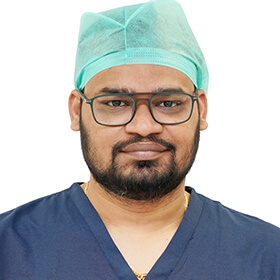
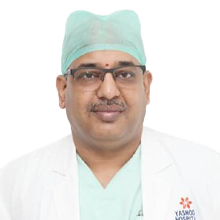
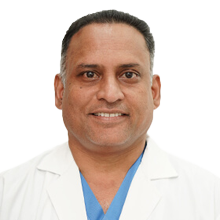





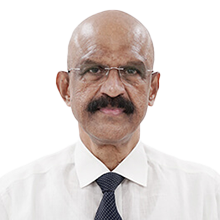

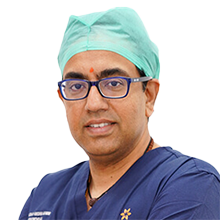
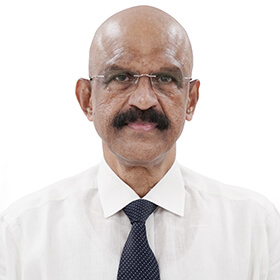












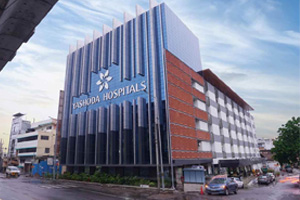
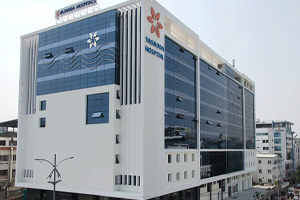
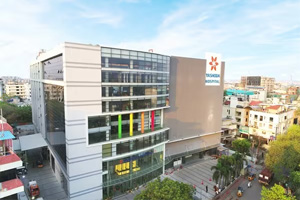
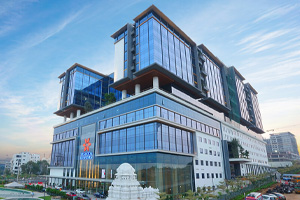
 Appointment
Appointment WhatsApp
WhatsApp Call
Call More
More

